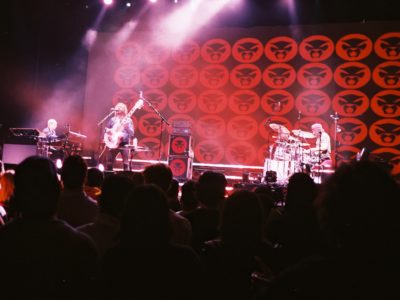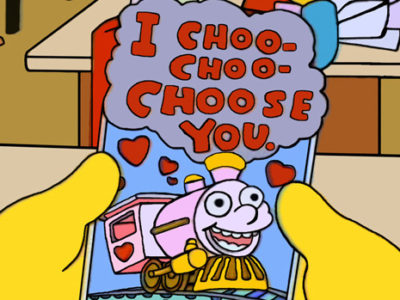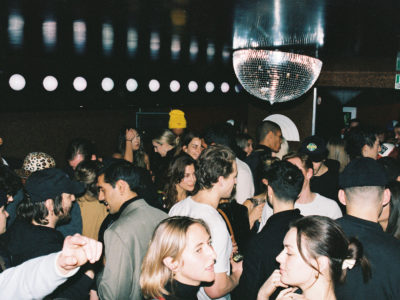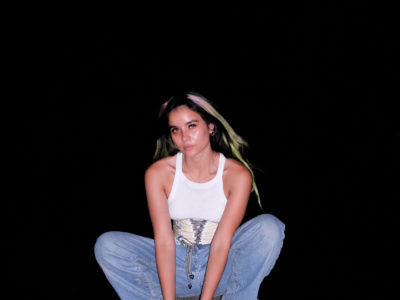Why SoundCloud’s role in music is critical
Why SoundCloud’s role in music is critical
BY: BENJAMIN "BENJI" KARMIS | GIF COURTESY OF JOSH BECKMAN
Chance the Rapper recently received widespread praise over a tweet with SoundCloud founder Alex Ljung suggesting he had saved the company from shutting down. In reality, SoundCloud’s pool of troubles is a tad deeper than a simple phone call with Chicago Public School’s favorite musician could have fixed. Even so, we can’t discredit the website for their critical role in the music industry over the years.
In the dawn of 2007, websites like Flickr and YouTube allowed individuals to upload their pictures and videos online respectively. But there was a void for music, especially given the decline of MySpace. SoundCloud sought to fill that gap, so they made their debut in Stockholm, Sweden that year, but quickly moved to Berlin, Germany before 2008 began.
SoundCloud came out of the gates guns blazing. Besides providing a medium for artists to upload boatloads of their music for free, they brought embeddable audio, allowed comments to be displayed at the same point of a song it was posted, and their famed groups that allowed artists from across the globe to collaborate instantaneously to the table. Needless to say, SoundCloud boomed, with its monthly views at one point skyrocketing by almost 16 times in a four year period.
It’s this same success that brought us some of our favorite musicians of all time. From the Remix Artist Collective (RAC) in 2008 and Washed Out in 2011 to Kehlani and Chance the Rapper in 2013, Kygo in 2014, and Post Malone and Don Monique in 2015, SoundCloud kept rolling out new musicians to grace our ears with their tunes. Chance even won the first only Grammy for a streaming-only album. The power of streaming is huge, thanks to being pioneered by SoundCloud.
Even artists previously out there found more success from using SoundCloud. Bryson Tiller released his first mixtape in 2011, but didn’t make it to the top 13 on the US Billboard Hot 100 until a successful SoundCloud release of his song, “Don’t.”
But individual artists are just the small fry. Remember that bit on how artists from everywhere can collaborate? That gives us whole entire genres of new music. Musicians used SoundCloud to focus their music in such specific subgenres of music would arise. That’s how we got Chillwave, made popular by Neon Indian, Washed out, and Toro y Moi. More recently, we got an aptly-named subgenre called SoundCloud Rap, which featured Lil Pump, Smokepurpp and Wifisfuneral and their rebuttal to mainstream rap. Both of these are some of the first genres to come about through the internet rather than being linked to a geographic location. All of this, of course, thanks to SoundCloud.
Regardless of what may happen in its future, we needed SoundCloud. It gave us artists and entire types of music, all on an easy-to-use format. Garage recorders and professional studios alike all used it to get their music out there. Besides, fans could see what their favourite artists are listening to. How else would we have found out that Snoop Dogg had an ear for Polish artists, anyway?





